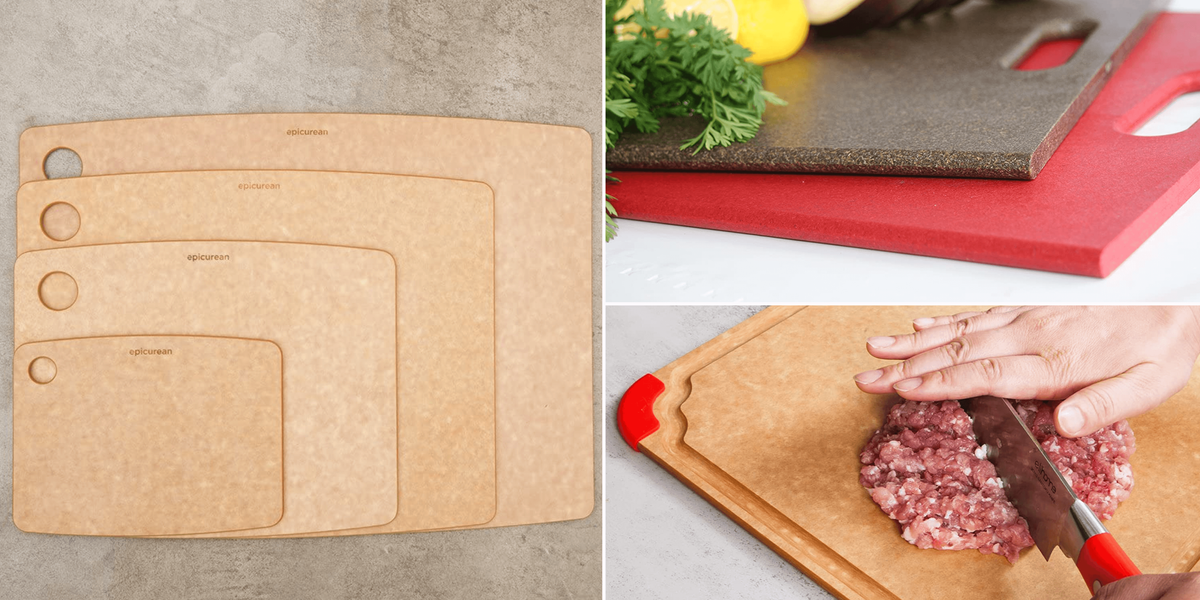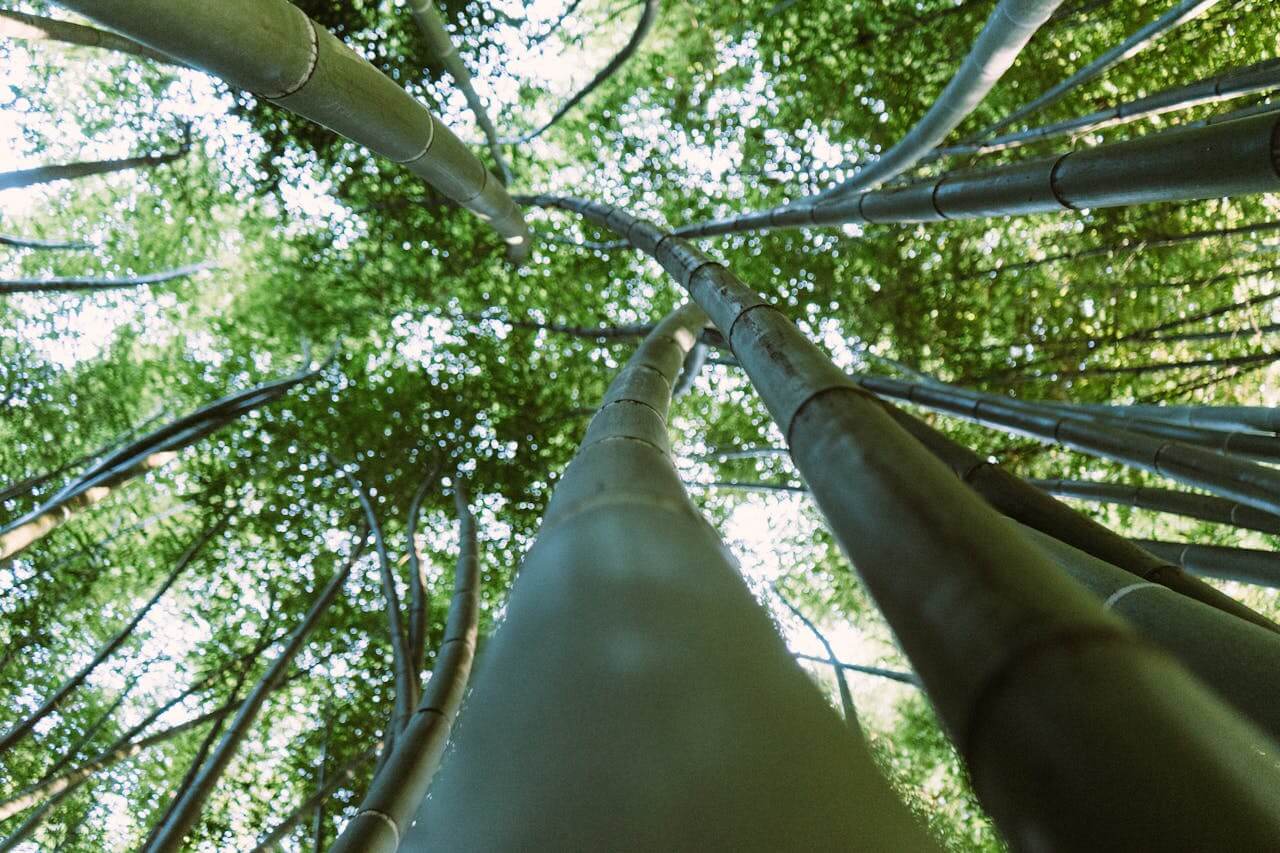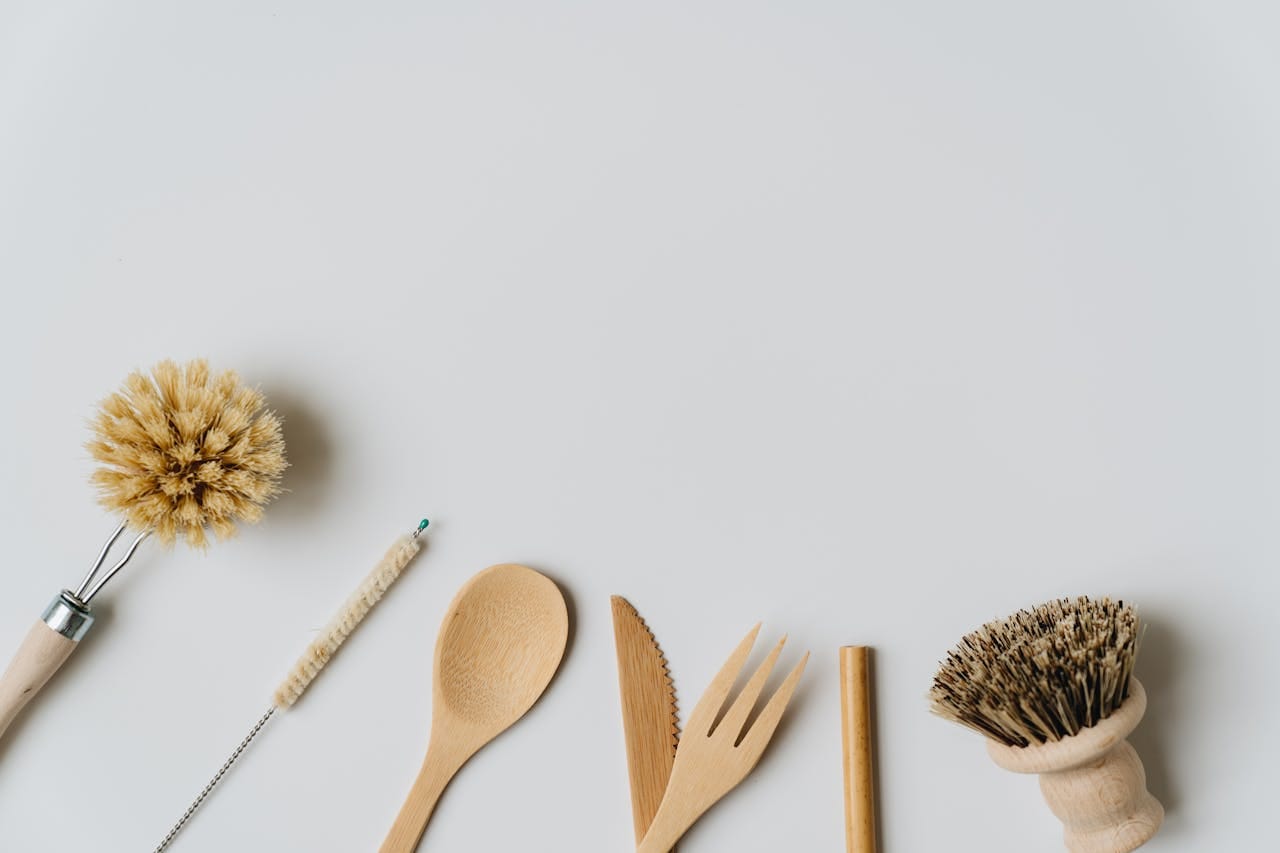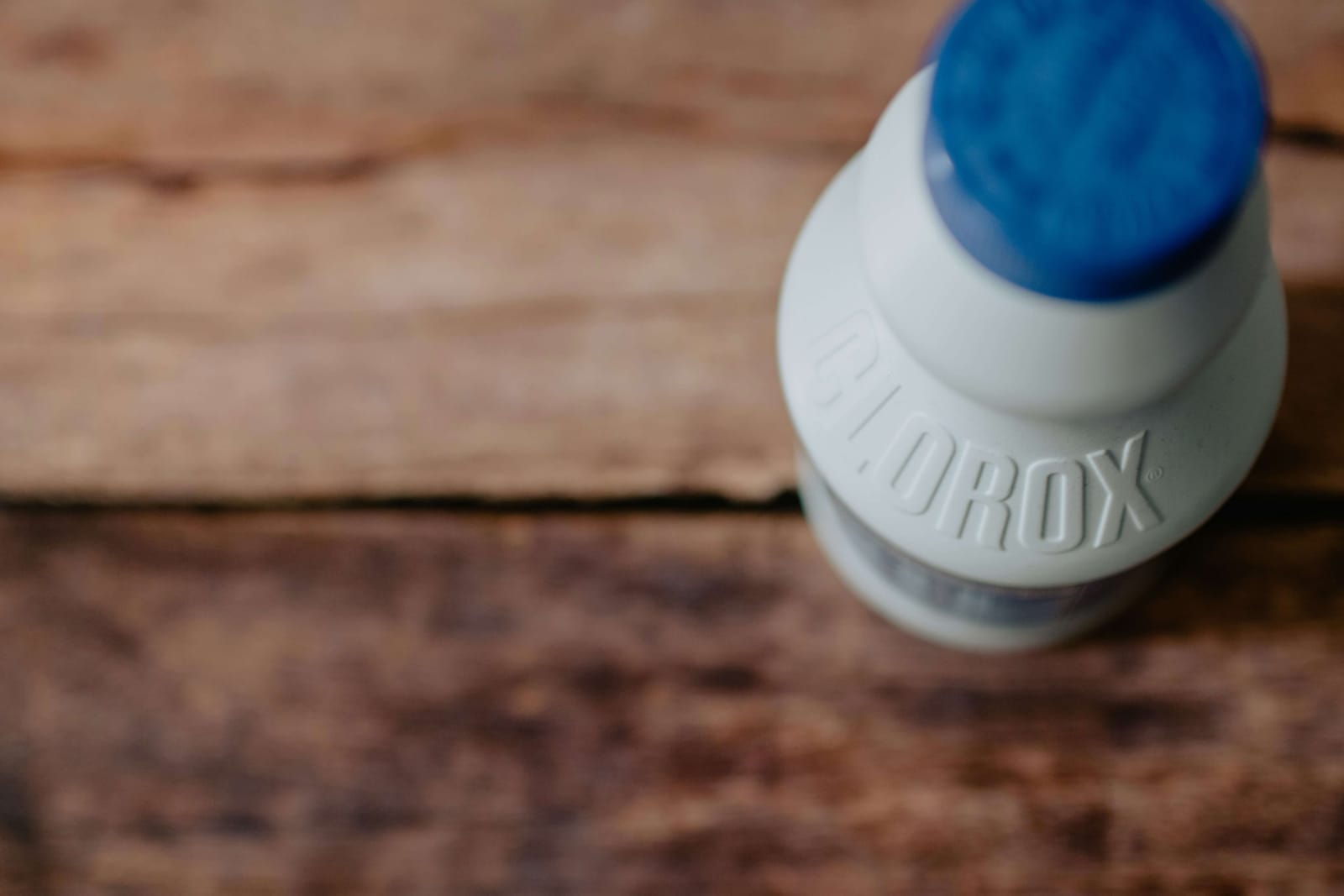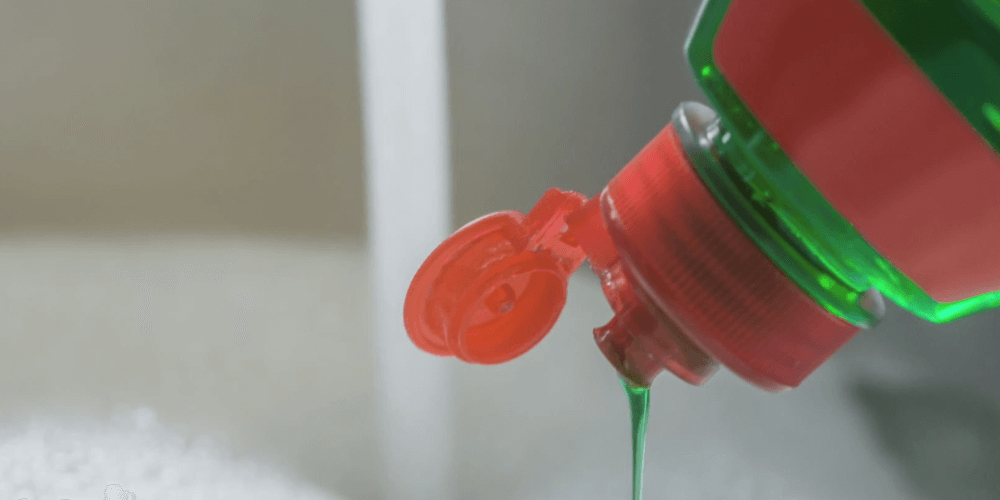Cutting boards, essential in every kitchen, traditionally come from plastic or hardwood, both of which pose environmental challenges. Plastics contribute to pollution and are difficult to recycle, while hardwoods require decades to mature, leading to deforestation and habitat loss. Bamboo emerges as a sustainable alternative, known for its rapid growth and low resource demand, positioning itself as the eco-friendly solution for modern kitchens.
In This Article
- Bamboo's Rapid Regeneration and Low Resource Demand
- How Bamboo Helps Our Planet Breathe Better
- Bamboo as a Renewable and Sustainable Resource
- The Lifecycle Environmental Impact of Bamboo Cutting Boards
- Smart Shopping for Bamboo Boards
- FAQ: Your Bamboo Board Questions Answered
Bamboo's Rapid Regeneration and Low Resource Demand
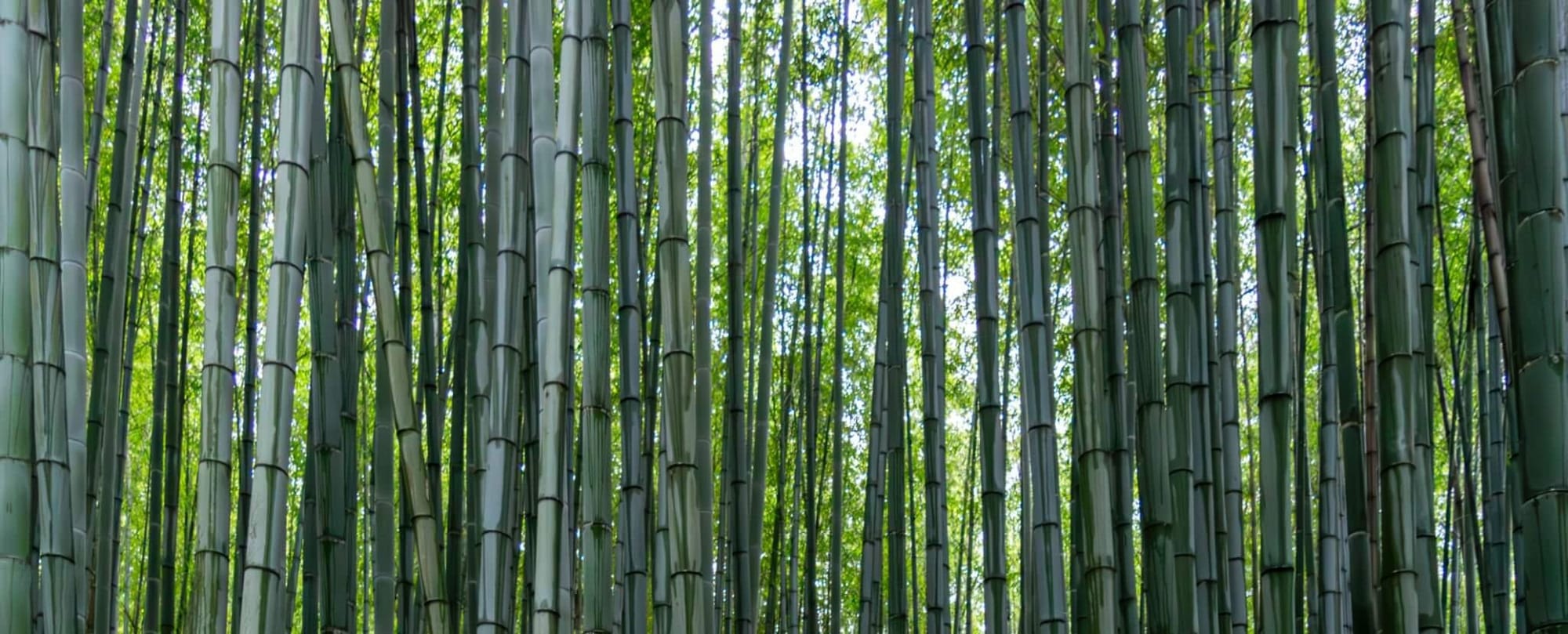
One of the most compelling arguments for bamboo is its astonishing rate of growth. Unlike hardwood trees that may take anywhere from twenty to a hundred years to reach maturity, bamboo, depending on the species, can grow up to 91 cm (almost 3 feet) in a single day. This rapid growth allows bamboo to be harvested every three to five years, offering a stark contrast to the lengthy maturation period of traditional woods. This swift regeneration makes bamboo a highly renewable resource, ensuring a steady supply without the need for replanting, as bamboo will naturally regenerate from its roots.
Bamboo's cultivation is remarkably eco-friendly. It requires minimal water, a critical consideration in areas prone to drought or where water resources are scarce. Its natural resistance to pests means that bamboo can be grown with little to no use of pesticides, reducing the harmful environmental impact associated with chemical use in agriculture. These characteristics highlight bamboo's role as a sustainable alternative, requiring significantly fewer resources than traditional cutting board materials.
How Bamboo Helps Our Planet Breathe Better
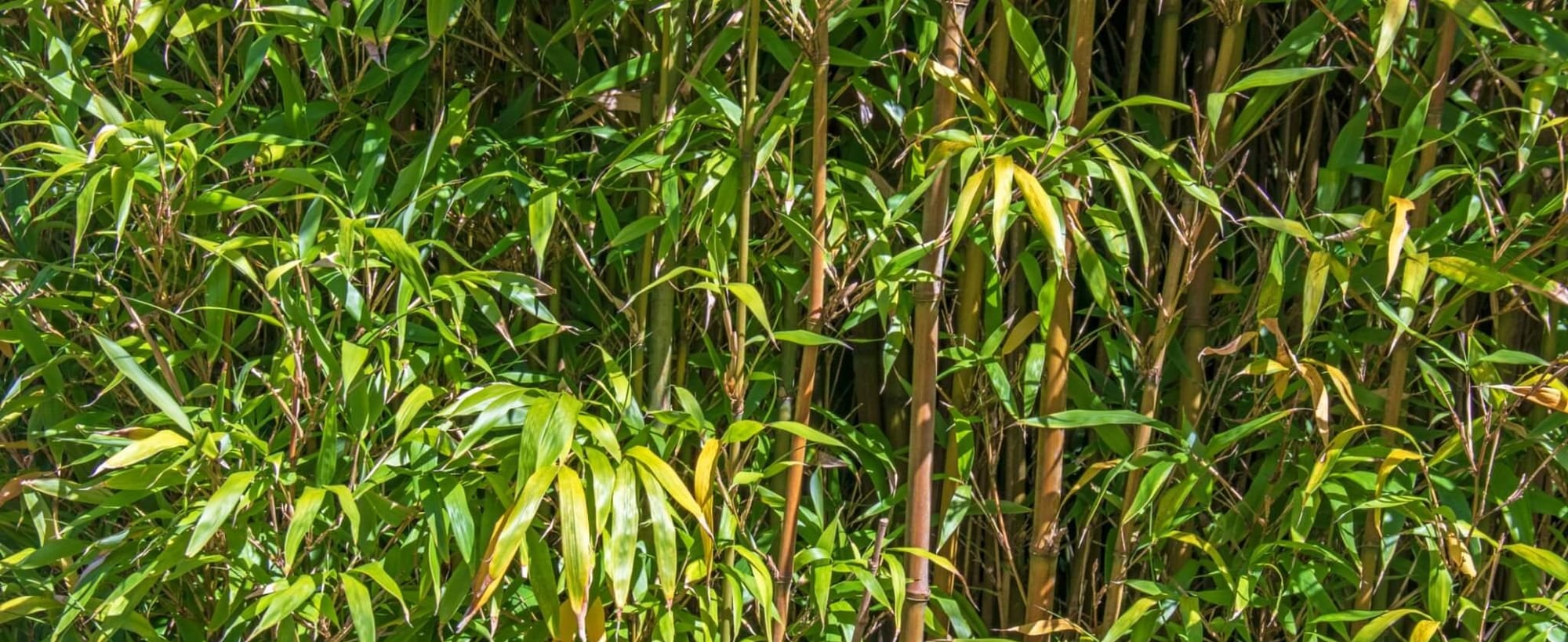
Bamboo is like a super plant when it comes to tackling climate change. It's a champion at pulling in carbon dioxide, the stuff that cars and factories pump out, and locking it away. While it's busy growing at superhero speed, bamboo is also doing the heavy lifting in cleaning the air — more so than a lot of trees we’re used to seeing in forests. This means that by choosing bamboo cutting boards, we're actually helping the planet get a fresh breath of air.
Choosing bamboo cutting boards over traditional hardwood options also helps protect forests and their vital role in our ecosystem. The World Wildlife Fund (WWF) offers valuable resources on deforestation and its impact on wildlife habitats.
Bamboo as a Renewable and Sustainable Resource
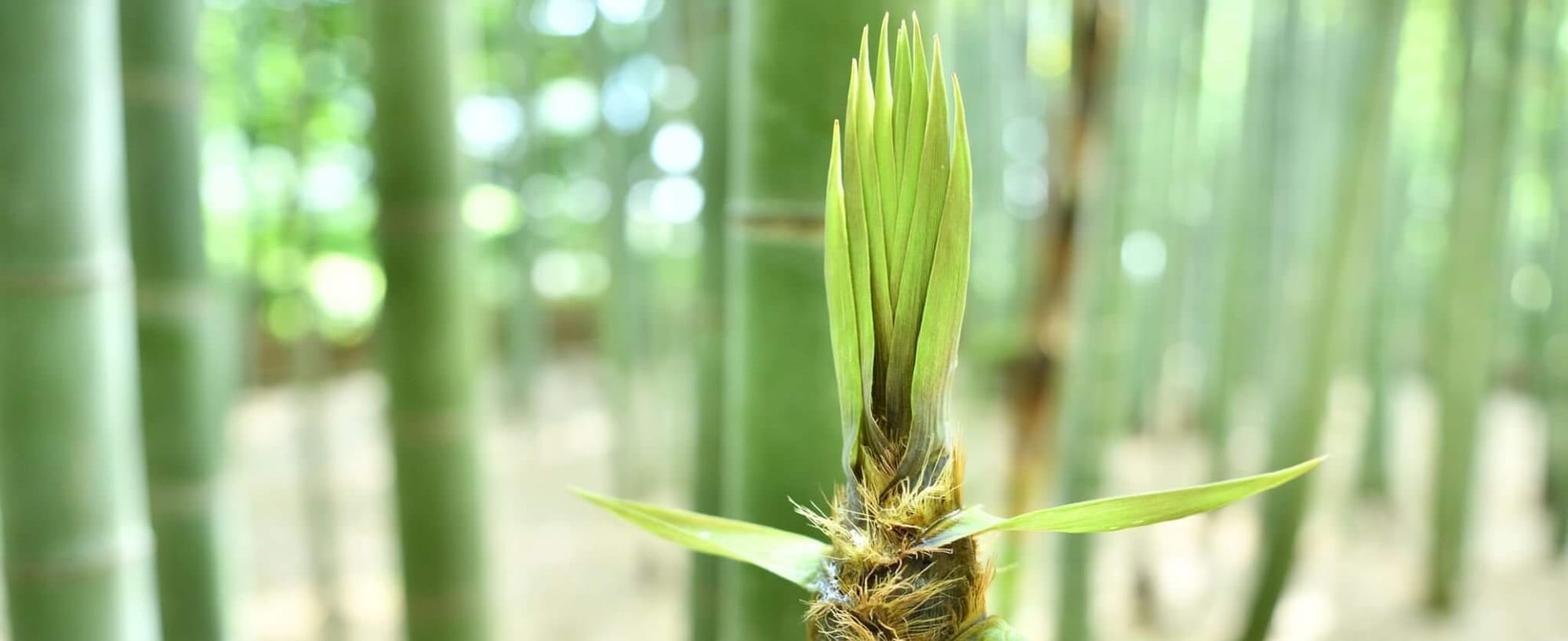
Let's talk about how fast bamboo gets ready to roll compared to other woods. This speedy grower can shoot up to full size in just 3 to 5 years — that's super quick! While hardwoods are taking their sweet time growing over decades, bamboo is all set for another round of harvest. This quick turnaround makes bamboo a superstar in the sustainability world. Plus, it doesn't need replanting because it's got this cool ability to grow back from its roots. So, while those big old trees are still growing, bamboo is ready to become your next cutting board without missing a beat.
The Lifecycle Environmental Impact of Bamboo Cutting Boards
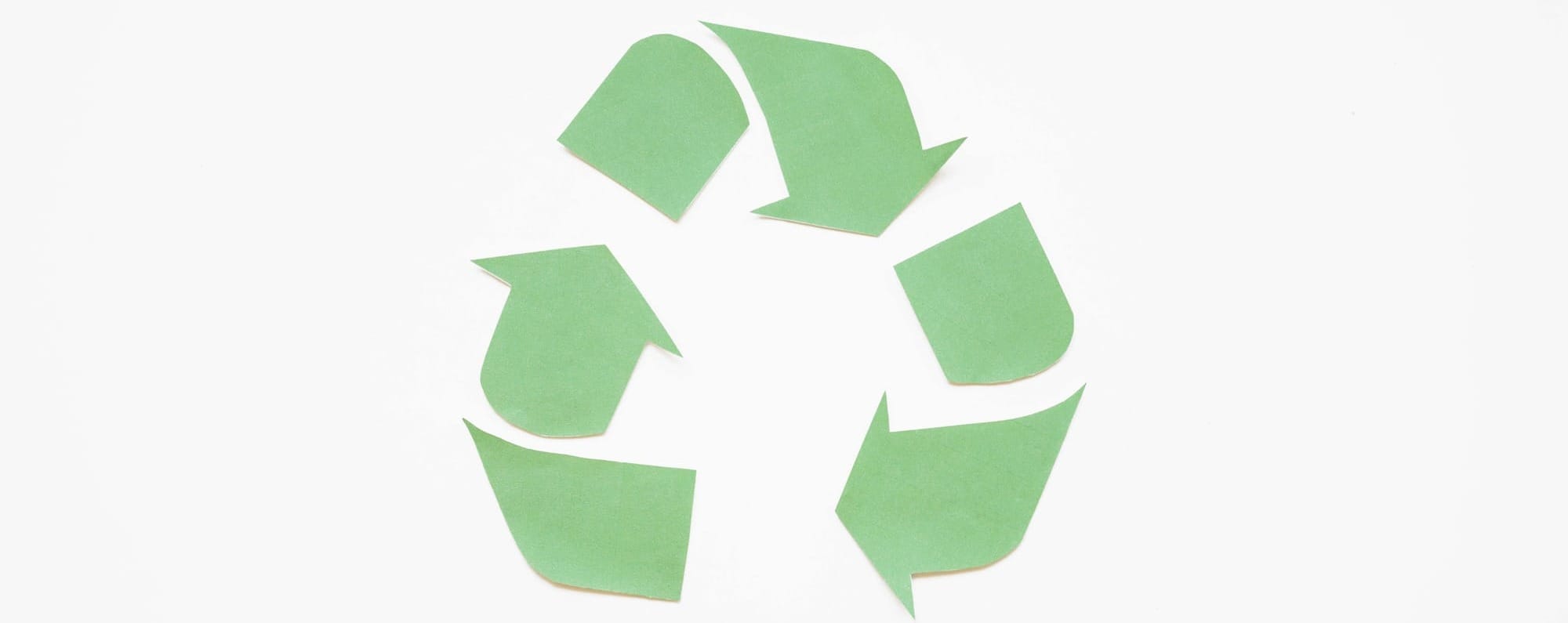
When you pick up a bamboo cutting board, you're holding a piece of Mother Nature's handy work that's been on quite the journey. From the start, when it's just a bamboo shoot, all the way to when it's time to say goodbye, bamboo is pretty kind to the planet. It grows up without needing much fuss, turns into a cutting board without harsh chemicals, and when it's served its time, it can go back to the earth as compost. No hanging around in a landfill for this natural wonder! It's a full circle moment that makes bamboo cutting boards a real win for the earth.
Smart Shopping for Bamboo Boards
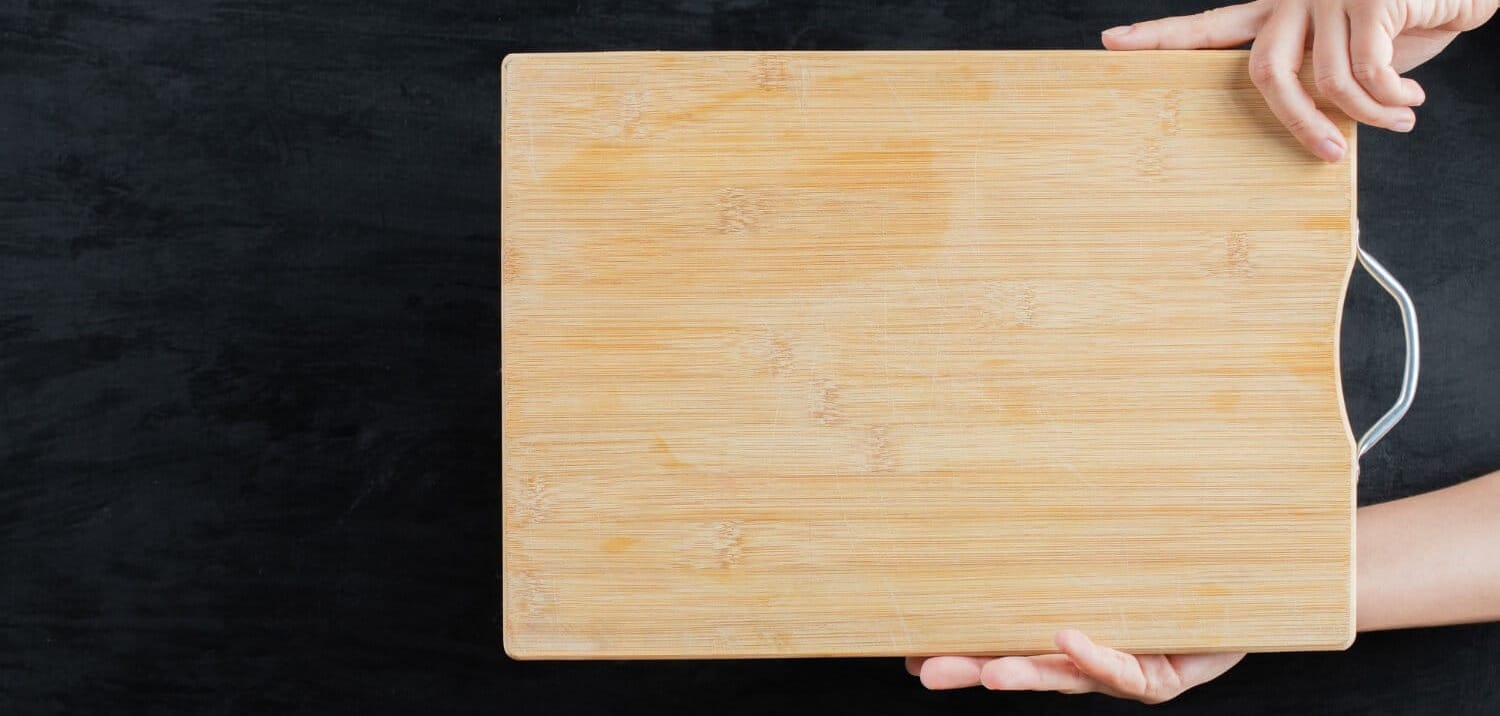
When you're out shopping for a new bamboo cutting board, think of it like picking a new friend for your kitchen. You want one that's strong, looks good, and is friendly to the planet. Here's how you can spot the best buddy for your kitchen adventures:
- Strength and Size Matter: Peek at how the board feels. A heavy-duty one won't wobble as you chop. And make sure it's big enough for your kitchen feats but still fits in your space.
- Check the Fine Print: Look for a label or tag that talks about sustainability. Words like 'FSC Certified' mean the bamboo was grown and harvested without harming the planet.
- The Looks: Go for a board that catches your eye. Bamboo's got a natural beauty that can jazz up any kitchen, whether it's all modern or cozy and rustic.
By picking a bamboo cutting board that ticks these boxes, you're not just getting a tool for your kitchen; you're taking a stand for our forests and saying 'yes' to a healthier Earth.
FAQ: Your Bamboo Board Questions Answered
Can I just toss my old bamboo cutting board in the compost?
Totally! When it's time to retire your bamboo board, you can compost it if it's 100% natural. It'll break down and go back to nature.
How do I keep my bamboo board in tip-top shape?
Wash it with some warm soapy water after use, but don’t let it soak in water. Every now and then, rub it with some mineral oil to keep it looking snazzy.
Is bamboo really better for the planet than wood?
You bet! Bamboo grows super fast, sucks in carbon dioxide, and doesn't need much water or any nasty pesticides. So it's way kinder to our planet than regular wood.
Do bamboo boards knife my knives dull?
Nope, bamboo is tough on the job but gentle on your knives, so your trusty knife will stay sharp.
